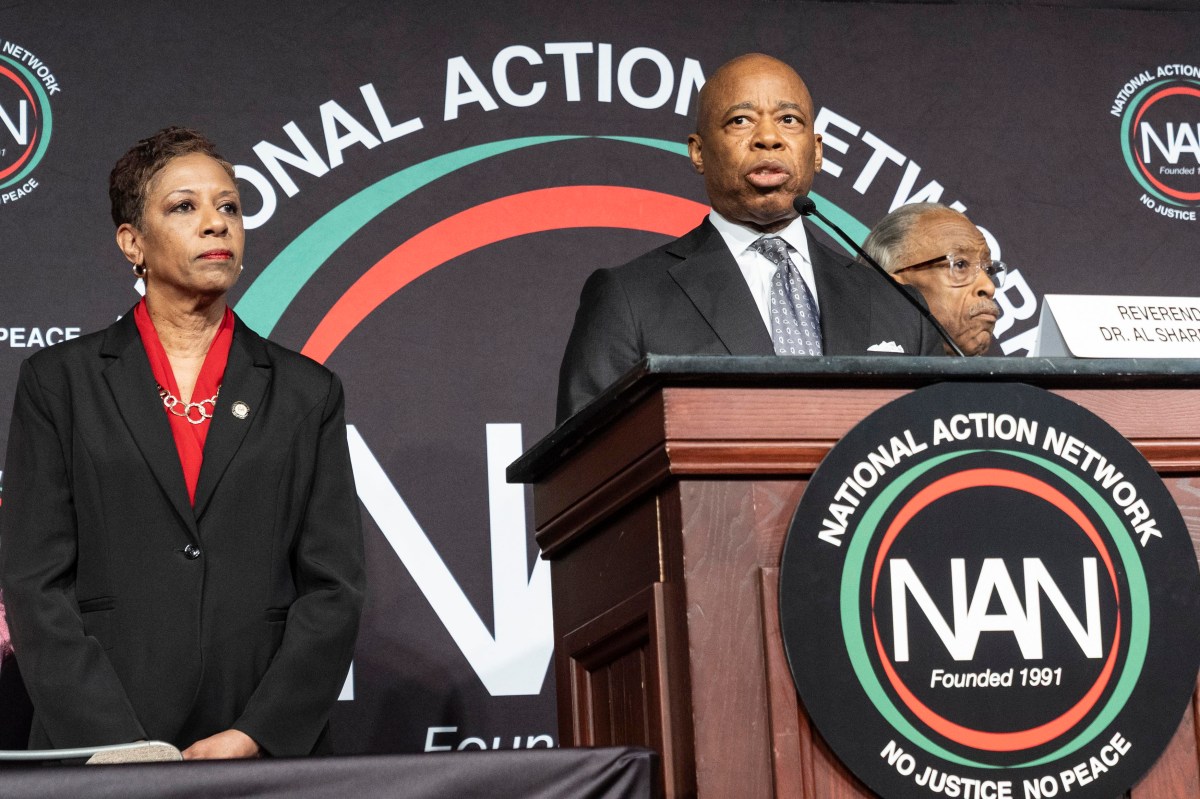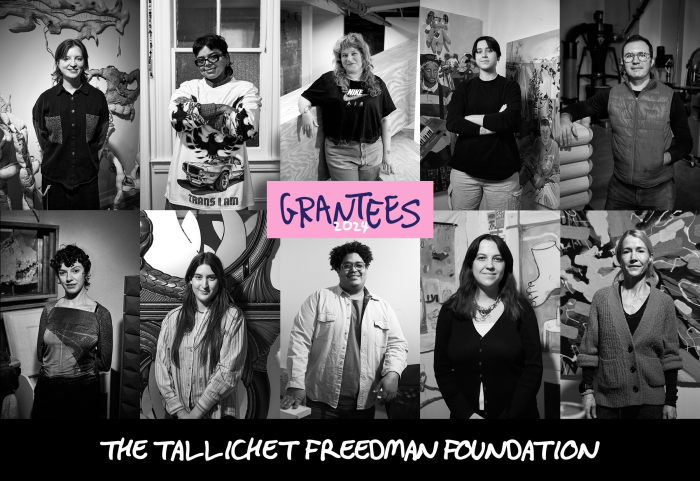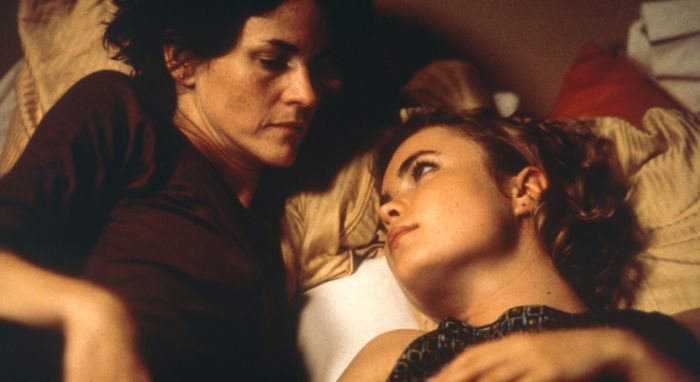By Ivan Pereira
The state Supreme Court's Appellate Division on Wednesday denied a motion issued by the lawyers of the undercover detectives indicted for the shooting of Sean Bell to move their trial to Albany. The decision came days after Queens District Attorney Richard Brown contended that Queens jurors would not be compromised by what the defense called a “tidal wave” of negative media coverage against the officers.
“Today's decision reflects that which we said all along, that a fair and impartial jury can be selected from among 2.3 million residents of Queens County,” the DA said in a statement.
In its decision, the Appellate Court allowed defense lawyers to renew their motion after the jury is selected. Detectives Endowment Association president Michael Palladino told the Associated Press that the detectives' attorneys will continue to press on.
“We are disappointed in the appellate court's ruling because the evidence was powerful and our arguments had merit,” he said.
Bell, 23, along with his friends Trent Benefield, 23, and Joseph Guzman, 31, were shot in a hail of 50 police bullets outside the Kalua Cabaret in Jamaica. Bell, who was going to marry his fiancée that morning, was killed and the other two were arrested and wounded.
Undercover NYPD Detectives Michael Oliver, Gescard Isnora, Marc Cooper, Mike Carey and Paul Headley claimed to have opened fire because they overheard the trio talk about having a gun, according to the criminal complaint. It was later determined that Bell and his friends were not carrying a weapon.
Oliver, who fired 31 shots, and Isnora, who fired 11 shots, according to the complaint, were arraigned in March on charges of manslaughter. Cooper, who fired four shots, was charged with reckless endangerment, the complaint said. Jury selection for the trial was tentatively set for Feb. 4.
Three weeks ago, the detectives' attorneys asked the court to change the site of the trial from Queens to Albany, citing a survey of 600 residents that showed 62.9 percent of respondents thought the Nov. 25, 2006, shooting of the Rockaway bridegroom was unjustified due to the media.
“From the very onset of this case … there has been an enormous amount of highly prejudicial local media publicity coming from the printed and broadcast media,” the attorneys said in the motion.
Brown dismissed the defense's statistics as not indicating any possible effect on potential jurors.
“That's not the case here. It's fair to say that opinions here in Queens are equally divided,” he said at a news conference last Thursday at Queens Criminal Court.
Bell's fiancée, Nicole Paultre-Bell, also submitted a letter to the appellate court asking the panel to reject the motion, saying the move to Albany would be stressful for the slain Richmond Hill native's friends and family.
“[A]ny change of venue will clearly be a hardship on our families,” she wrote in the three-page letter.
Brown filed a 74-page response to the defense motion that cited a recent study undertaken by the Sienna Research Institute that polled 622 Queens residents. That survey found that 64.5 percent of residents have not formed an opinion about the case based on media coverage and 62.5 percent agreed that anything they had learned outside of the courtroom was not evidence.
Brown criticized the attorneys' attempt to sway the appellate court's decision with a poll, a tactic that was also used during the criminal trial for the Police Department officers who shot Bronx resident Amadou Diallo in 1999.
“The public has been presented with the widest array of stories, opinions, and editorials with regard to this case, many of which vigorously support the defense position and the vast majority of which comprise objective, fair and balanced reporting,” he wrote in his argument. “The public furor in [the Diallo case] over the shooting was on an entirely different scale.”
































